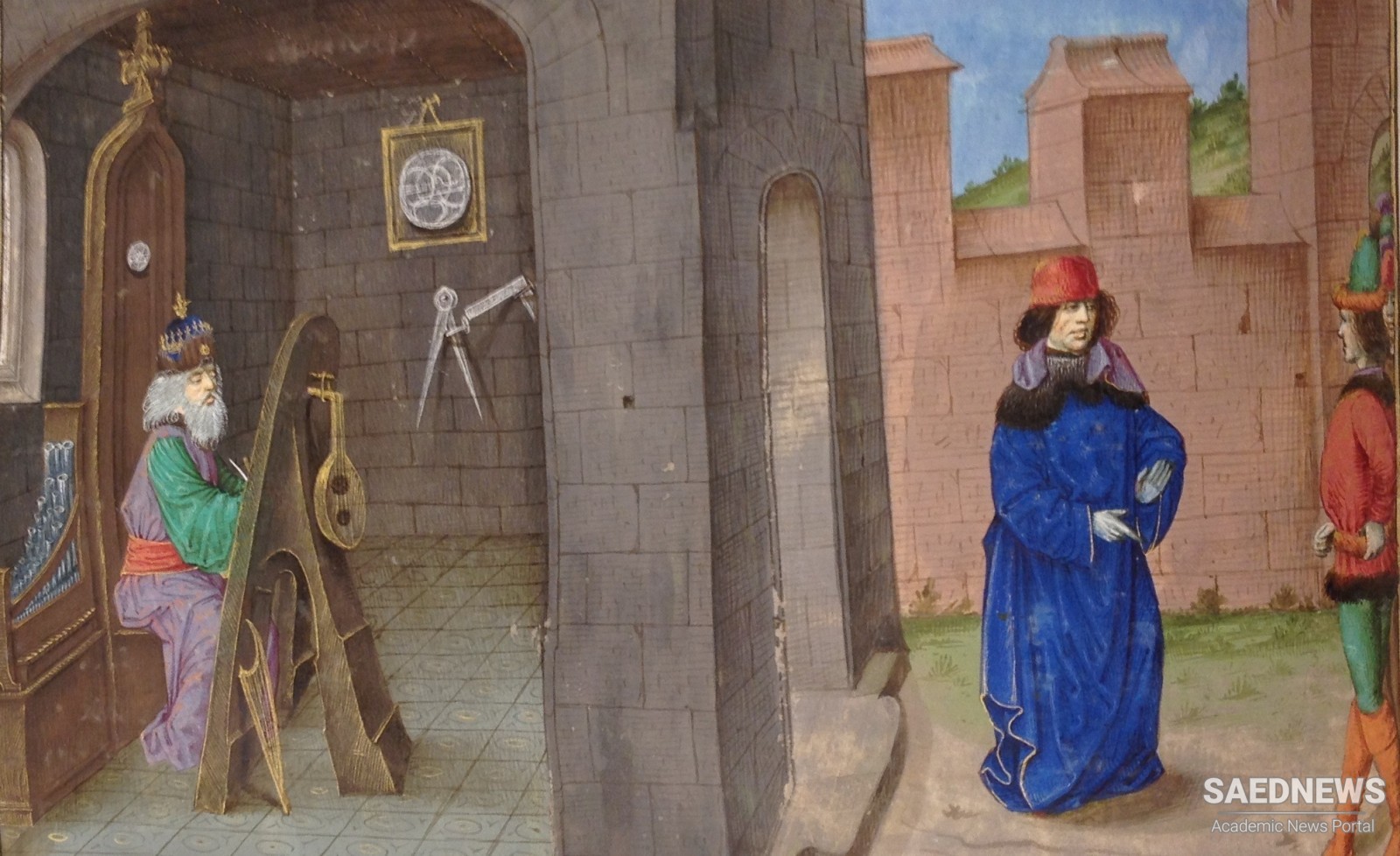The gift-giving principle of “gifts and counter-gifts” presupposes a situation of mutual dependence between the divine and the ritual spheres, and it is the poet-sacrificer who is in charge of seeing to it that the relationship functions. Thus, Ahura Mazdâ and the poet-sacrificer constitute the two poles of the ritual-mythical universe, between which everything else is arranged and, like in a battery, is energized through them. The poet-sacrificer who is approved by Ahura Mazdâ is the one who knows what was, is, and will be, knowledge imparted to him by Ahura Mazdâ, something that defines him as a “seer” or “prophet” in Western terminology.
In this perspective, then, the poet-sacrificer is the communicator, without whom the society would be cut off from divine favor and support, on one hand, and without whom the Order of nature could not be reestablished, at least not properly. The communication between the two spheres is maintained by means of “speaking/hearing” and “seeing,” on both sides: both the poet-sacrificer and the gods who are the targets of his ritual, with its acts and words, must be able to “see” and, especially, “hear.” The existence of a hearing and seeing performers and audience, is therefore a key concept.
If the poet-sacrificer is approved by Ahura Mazdâ it means that he has the necessary knowledge about the origin and nature of the world. Thus, he knows that in the beginning there were two twin, but antagonistic, mental forces/inspirations, asleep or in statu nascendi, and that Ahura Mazdâ by the agency of the life-giving inspiration is the god who originally established or by engendering brought forth Order in the universe, making it into an Ordered cosmos, by assigning their proper place and time (ratu) to all objects in it. It was Ahura Mazdâ who determined what would be good life and behavior for human beings. The poet-sacrificer also knows that Chaos, that is, the denial of Order, or the Lie, by the agency of the evil, or destructive mental force, periodically takes over, as it was not removed from the world through Ahura Mazdâ’s cosmogonic/cosmetic activities and is reactivated by the rituals of the poetsacrificers who are the partisans of the Lie, being themselves possessed by it, as it were. The cosmos must therefore also be periodically reestablished.
But he also knows that his ritual space—with its hallowed ground, its ordered arrangement, its fire, its officiating priests, and its sacrifices—is an exact counterpart of the original Ordered cosmos, he is himself filled with life-giving strength, and he becomes the Life-giving Man (see below), whereby he also obtains the same command that allowed Ahura Mazdâ to overcome Chaos the first time. Endowed with this command he joins, through his perfect ritual, Ahura Mazdâ in the fight against the forces of evil and darkness, strengthening Ahura Mazdâ and his cosmos sufficiently to bring back its pristine condition. Once this has happened, he asks for his reward: for himself good livelihood and absence of illness and untimely death, as well as his professional fee and, for his patron and his community, peace and fertility.
The ritual is thus the poet-sacrificer’s contribution to the cosmic struggle between good and evil, for either of which he has to take sides. The partisans of Order will take side for Ahura Mazdâ and everything he stands for: truth, peace, and fertility, etc., while the partisans of the Lie, by advocating and supporting the other side, contribute to everything that is bad: lies, strife and war, sickness and death, both among humans and beasts and in the universe itself.


 Iran FM in Damascus to discuss issues of mutual interest
Iran FM in Damascus to discuss issues of mutual interest














































